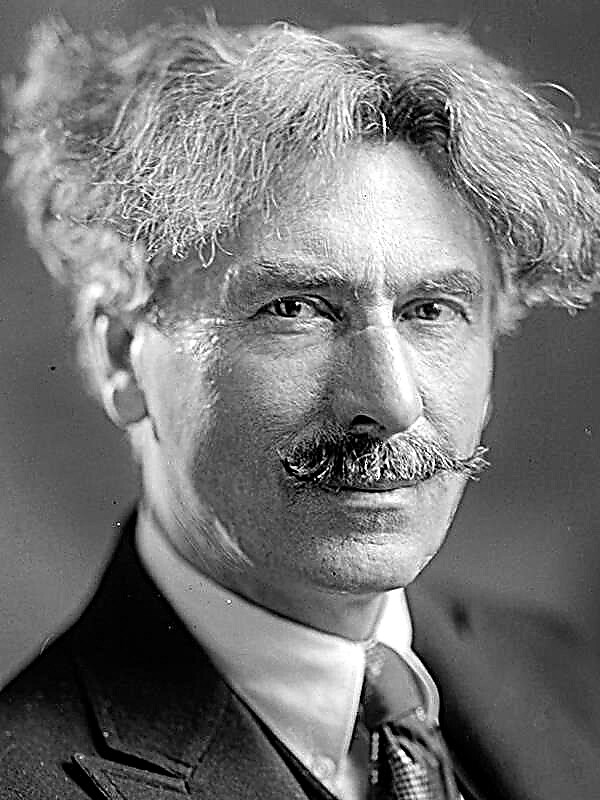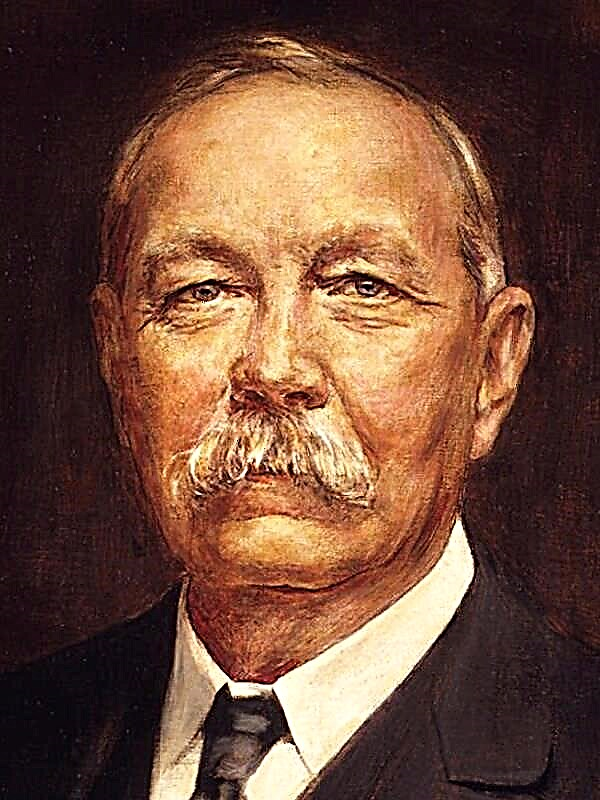(519 words) In childhood, each of us dreams almost day and night: both wanted to fly into space, and invent a time machine, and become the prima of the Bolshoi Theater. However, not all dreams come true: the prima of the Bolshoi Theater sits in the office during the day, and in the evenings, maybe, goes to a fitness club. And it's all. Why is this happening? I think that over time the prima ceased to believe in herself and threw great plans into the drawer of the office desk, choosing a simpler dream. To make sure that I am right, it is enough to recall the classic literary works, where there are many examples that confirm my point of view.
In the story by I. S. Turgenev “Spring Water”, the hero wanted to marry the beautiful Gemma, to stay with her abroad, having sold a family nest in Russia. Their love story was very romantic: Sanin risked his life defending the honor of a barely known girl who already had a groom. Seeing the courage of the young man and the seriousness of his intentions, the young lady decided to break the engagement and marry for love, and not according to the calculation of the parents. Then her Russian savior went looking for buyers for his estate in order to ensure a life together with Gemma. Having met a friend, he went to his rich wife in order to make a deal, but a luxurious woman seduced him into an argument. Of course, he did not marry his beloved girl, but got stuck in the insidious networks of Maria Nikolaevna. All this man recalled many years later, sitting alone at a desk. His dream never came true. Why? He himself betrayed her, yielding to temptation and choosing a more easily accessible woman. For the sake of fulfilling dreams, he had to work and take risks, and Sanin chose to simplify his life, and in the end he missed his happiness.
In the story of I. Turgenev "Asya", the hero fell in love with a young girl with a difficult fate. She was the illegitimate daughter of a master, whom her half-brother was trying to bring to light. The parents of the heroine died long ago, but she was still worried because of her difficult situation. Therefore, she was insecure and very changeable interlocutor, whose behavior confused any gentleman. N. was no exception. But gradually he better recognized the young lady and realized that he was in love. However, by all criteria, his choice was disadvantageous and fraught with complications. Asya's brother also understood this, so when he found out from her sister about her hobby, he called N. to talk and asked her to speak softly so that the refusal was not painful. Of course, the hero loved Asya, but was furious that she told Gagin about everything. He rushed to rebuke her, showed cowardice and self-doubt, so his beloved fled, and the next morning left forever. N.'s dream did not come true, and he himself is to blame for this. The man wanted a light and smooth love, which itself will come into her hands, but it does not happen. For the sake of happiness, you need to sacrifice comfort, but the hero could not, and therefore he lost everything.
Thus, not all dreams come true, because people themselves refuse to fulfill them because of laziness or self-doubt. They want dreams to come to life on their own, without their participation, but this is hardly possible. A dream, like beauty, requires sacrifice, namely, leaving the comfort zone and refusing to swim with the flow. If a person cannot go for it, he will have to come to terms with the fact that his desires will remain just desires.


 Wow! Projects
Wow! Projects



 Buddenbrooks
Buddenbrooks



